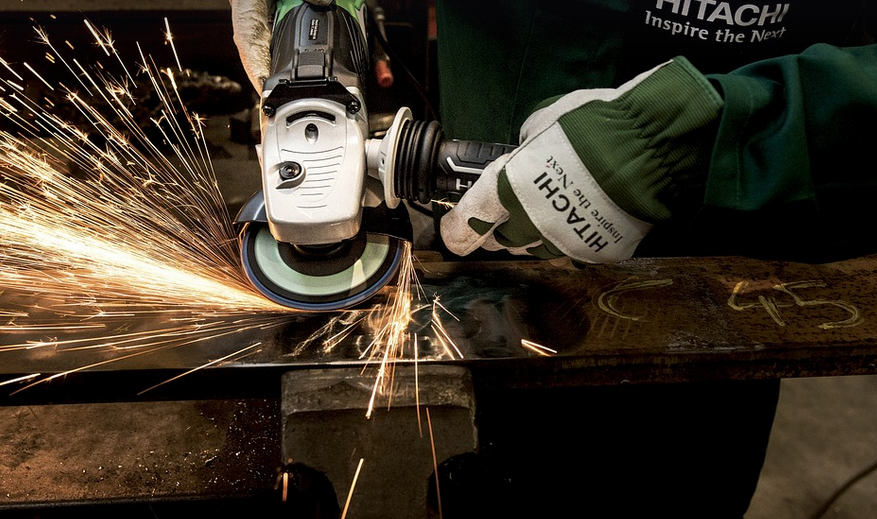A Look at Common Causes of Compressor Failure
You know that trusty fridge in your kitchen, the one you rely on for all those delicious snacks and late-night ice cream binges? Well, while it silently keeps your food fresh, there’s a whole world of forces at work behind its seemingly effortless operation. And like any complex machine, even your refrigerator has vulnerabilities – specifically, the compressor, the heart and soul of its cooling power.
The compressor is responsible for cycling refrigerant gas through the system, absorbing heat from inside the fridge to cool the air. Imagine it as a tireless engine working diligently to keep your food cold and safe. But just like any machine, this vital component can be subjected to damage or wear-and-tear over time. While proper maintenance goes a long way in preventing issues, there are some things you should avoid, even if you think they’re insignificant.
Understanding the Potential for Damage
Fridge compressors are intricate and sensitive components that can be damaged by a variety of factors, from simple negligence to more serious malfunctions. Let’s delve into some common pitfalls that could lead to compressor breakdown or failure.
Firstly, consider the impact of improper handling during installation. If your refrigerator was not installed correctly, it could cause damage to the compressor due to vibrations and misalignment. For instance, a loose connection or an improperly secured unit can send shocks through the entire system, ultimately harming the compressor.
Secondly, inadequate maintenance is another major culprit. Regular checks for leaks, clean filters and coils, and proper refrigerant level are crucial for optimal functioning. Neglecting these simple tasks could lead to a build-up of dirt and debris in the system, hindering airflow and putting extra strain on the compressor. Remember, prevention is better than cure.
Thirdly, faulty or outdated wiring can be a silent threat to your compressor. Over time, wires might become damaged or brittle due to exposure to heat, moisture, and age. If this happens, it could lead to short circuits or power surges that can irreversibly damage the compressor.
Fourth, don’t underestimate the damage caused by improper defrosting. Over-defrosting, leaving the fridge door open for extended periods or using methods that involve excessive heat can stress the compressor and shorten its lifespan. Remember, always follow manufacturer guidelines when defrosted your refrigerator.
Lastly, extreme temperatures are often a silent killer of compressors. Be careful about placing the fridge in direct sunlight during hot summer days or exposing it to harsh outdoor conditions like extreme cold for extended periods. These extreme climates can significantly impact the compressor’s ability to function properly, possibly leading to costly repairs down the line.
What You Can Do: Preventative Measures
While occasional malfunctions are inevitable, there are steps you can take to minimize the risk of damaging your fridge’s compressor. Regular maintenance will go a long way in keeping it healthy and efficient.
First and foremost, schedule regular service checks with a qualified technician. A professional can identify potential problems early on before they escalate into serious repairs. They can also ensure that your compressor is functioning optimally by checking for leaks, cleaning the coils, and adjusting refrigerant levels if necessary.
Second, familiarize yourself with basic maintenance tasks like defrosting properly and cleaning the filters regularly. These simple steps go a long way in keeping your fridge running smoothly. You’ll be surprised how much of a difference they can make to its overall lifespan.
Lastly, remember to store your fridge away from direct sunlight and extreme temperatures. Keep it in a cool, dry place where it can enjoy consistent airflow. This simple advice will help prevent unnecessary stress on the compressor, ultimately extending its lifespan.
The Importance of Early Detection
It might feel like an inconvenience to notice your compressor’s performance changes, but ignoring them only leads to bigger problems down the line. Understanding the warning signs can save you time and money in the long run.
For example, if your fridge is struggling to keep food cold or making unusual noises, it might be experiencing a minor issue that could escalate into a major problem. Don’t wait for sudden failures; acknowledge these subtle clues early on.
Remember, regular maintenance and early detection are crucial in preventing compressor damage and ensuring the longevity of your fridge. It’s an investment worth making to keep your favorite cold treats at the ready!
Stay tuned for more insights into maintaining your refrigerator and prolonging its life! We’ll be exploring other aspects of appliance care like energy conservation tips, cleaning best practices, and addressing common troubleshooting queries.
